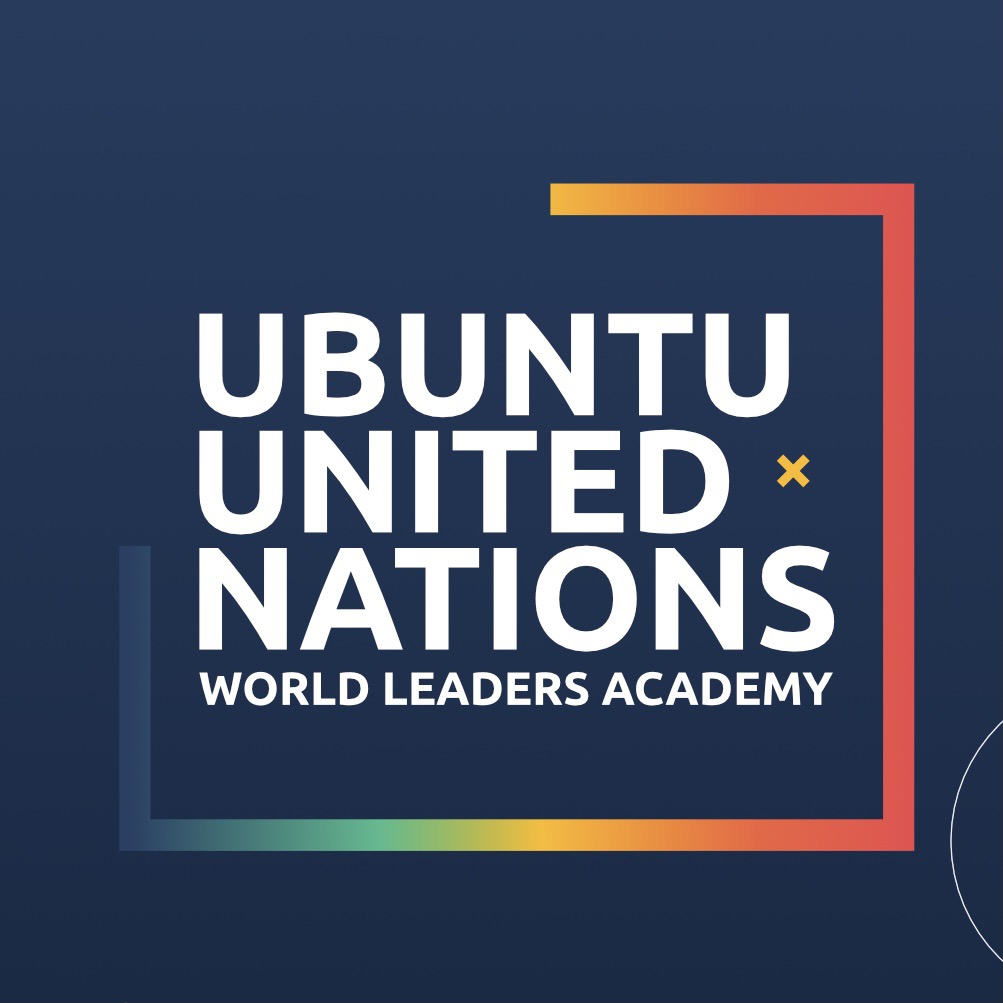Overcoming Obstacles: Overcoming Poverty and Social Exclusion
- Pedro Santos | UBUNTU UNITED NATIONS

- Dec 7, 2021
- 3 min read
Updated: Jan 18, 2022

To live without relationships is to live in poverty.
This was the sentence that set the tone for the third seminar of Ubuntu United Nations. Mr. John Volmink initiated the seminar by speaking of the importance of human connection in order to achieve our true potential. Dedicated to exploring the fifth pillar of Ubuntu, Resilience, this seminar featured Muhammad Yunus, 2014 Nobel Peace Prize Laureate, and Mr. Elbegdorj Tshakhiia, former President and Prime-Minister of Mongolia, who shared how they were able to overcome the obstacles that were presented to them, and what steps they believe the youth should take in order to shape the future.
Mr. Muhammad Yunus, 2006 Nobel Peace Prize Laureate
Also known as Banker to the Poor, Mr. Muhammad Yunus earned the Nobel Peace Prize due to his efforts to eradicate poverty around the world. Founder of Graheem Bank, the social entrepreneur was the pioneer of microcredit and other social ventures aimed to assist the poor population. The Banker spoke about how pandemic has affected the poor population, especially considering the worldwide competition for the development of vaccines by pharmaceuticals who have been forgetting the main purpose of vaccines - to save lives. He alerted the audience to the fact that most political leaders in the modern age do not concern themselves with sustainability, which is why the youth leaders of today and the future must start to act on behalf of the collective good and interest.
Mr. Elbegdorj Tsakhia, Former President and Prime-Minister of Mongolia
Mr. Tsakhia shared his journey as both President and Prime Minister of Mongolia, where the main pillar of his leadership was serving others, just like the Ubuntu philosophy, and that he was only a good politician because he already was a good leader.
By analyzing the situation of Mongolia, which had more detention centers than citizen halls, the now associate of Club de Madrid, a partner of the program, was able to create more than 600 hundred citizen halls, in his first mandate, including one in the main structure, where a common citizen could debate and contribute to policymaking. He left a message guiding the delegates about what needs to happen in order to become great leaders:
I want to make my point: you guys, young leaders of Ubuntu […] you are the best hope for Humanity (…) young leaders from the world, from all continents, most of the countries, if you dedicate your service to others, for your community to a better place, your country, your continent, you will be great leaders.
Delegates Intervention
Mona Suliman, a Sudanese delegate spoke about the poverty context of Sudan, a result of wrong development strategies, slow adaptation to climatic fluctuations, and the lack of natural resources which have ultimately been leading to civil strife and conflict due to the lack of satisfaction from citizens, as the economic growth is uneven and some areas have been harshly inflicted damage over the conflict. It has also resulted in severe disparities when it comes to access to education, sanitation, clean water, infrastructure, natural resources, income opportunities, justice and political protection. How can these issues be solved? Mona says, through youth action. She firmly believes that youth must take the stage, to cooperate in order to arrive to the solution to all of these affairs, as she has also done by creating an application that allows for an even distribution of food that would be disposed of, providing meals for people affected by all the problems that she shared.
From Brasil, Thaise Temoteo speaks about social exclusion and famine, reaching the highest level ever in her country, and the only way to solve is by changing the general mindset of the population, something that can only be achieved by the youth.
You can watch all of the interventions here: https://youtube.com/playlist?list=PLOUWuSmEUZMiIyo0SzDtVMpCCIAd0cOUt
Some lessons from the delegates
We, as servant leaders, can really change the reality around ourselves.
The main lesson that I take is the importance of being resilient. How we can take the things that we feel are imperfections and transform them into something beautiful with the help of others. We can get inspired by the people surrounding us and gain strength from our connections.
Main lesson that I learned is that sometimes we may not be even aware of the potential we carry. By being unaware of our capabilities we may limit our growth and contribution to people that surround us. It's important to embrace the limitations that we may have, physically, mentally and externally. By embracing our surroundings and character we can allow ourselves to adjust, shape who we are and who we can inspire tomorrow.




Comments